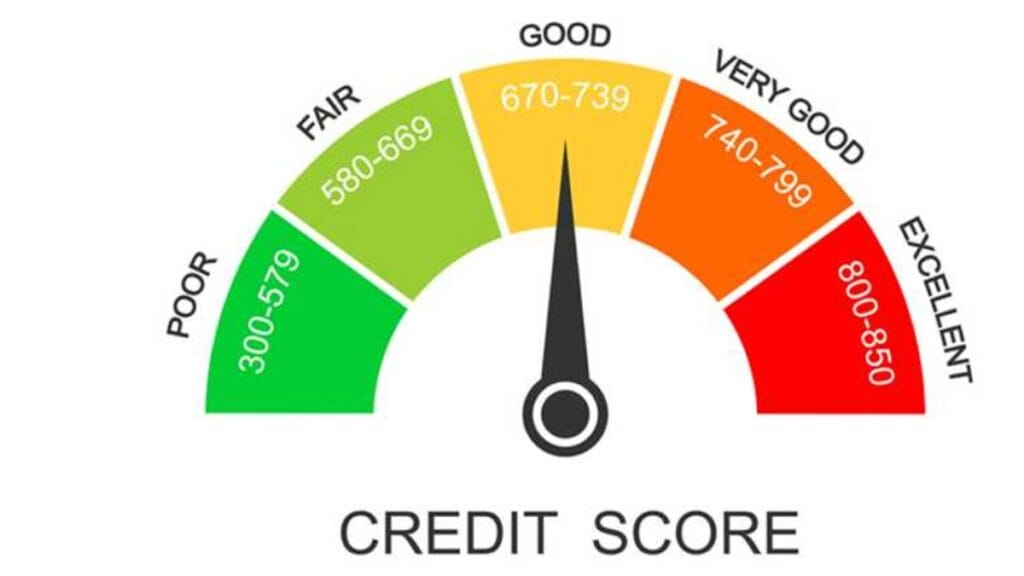New Delhi: Improving one’s CIBIL score is not just a number game; it’s a gateway to financial stability and a brighter future. With a low credit score, obtaining credit cards, loans, or mortgages can be challenging, leading to missed opportunities and financial strain. However, by implementing effective strategies, it’s possible to improve one’s CIBIL score gradually. In this post, we’ll explore the top 10 strategies to boost your CIBIL score, paving the way for improved financial prospects and easier access to credit facilities, including urgent personal loans. Remember, a good credit score is not just a number; it’s a key to financial stability and a world of opportunities.
Understanding Credit Scores: Your Financial Report Card
A credit score is a three-digit number representing your creditworthiness, or in simpler terms, how likely you are to repay borrowed money. It gives lenders a quick snapshot of your credit history and helps them assess your lending risk. In India, the Credit Information Bureau (India) Limited (CIBIL) is one of the leading credit bureaus that calculates credit scores based on your credit report. Your credit score is influenced by payment history, credit utilisation, length of credit history, types of credit, and recent credit inquiries. Understanding your credit score is crucial as it can impact your ability to qualify for loans, credit cards, mortgages, other financial products, and the interest rates you’ll receive. By actively managing your credit and improving your score, you can unlock better financial opportunities and achieve your goals.
Here are some ways how you can improve your credit score:
1.Know Where You Stand: The first step in improving your credit score is to know where you currently stand. Obtain a copy of your credit report from a reputable credit bureau. In India, CIBIL is the most popular credit bureau. Review your report carefully to identify errors or discrepancies dragging your score down.
2. Pay Your Bills on Time: One of the most critical factors affecting your credit score is your payment history. Late payments can significantly damage your score. Make it a priority to pay all your bills, including credit card bills, loan EMIs, and utility bills, on time each month. Set up automatic payments or reminders to ensure you never miss a due date.
3.Reduce Credit Card Balances: High credit card balances relative to your limits can negatively impact your credit score. Aim to keep your credit card balances below 30% of your credit limit. Pay off your credit card balances monthly to avoid accruing interest charges.
4.Limit New Credit Applications: Every time you apply for new credit, such as a credit card or loan, a hard inquiry is made on your credit report, which can temporarily lower your score. Avoid opening multiple new accounts within a short period. Instead, focus on managing your existing credit responsibly.
5.Diversify Your Credit Mix: A diverse mix of credit accounts, such as credit cards, loans, and mortgages, can positively impact your credit score. If you only have one type of credit account, consider diversifying by adding another type, such as a small urgent personal loan or a secured credit card.
6.Keep Old Accounts Open: The length of your credit history plays a role in determining your credit score. Closing old accounts can shorten your credit history and potentially lower your score. If you have old credit accounts with a positive payment history, consider keeping them open to demonstrate a longer credit history.
7.Use Secured Credit Cards: If you have difficulty qualifying for a traditional credit card due to poor credit, consider applying for a secured one. Secured credit cards require a security deposit, collateral against the credit limit. Using a secured credit card responsibly can rebuild your credit over time.
8.Dispute Errors on Your Credit Report: Mistakes on your credit report can unfairly drag down your credit score. If you find any errors or inaccuracies, such as incorrect late payments or accounts that don’t belong to you, file a dispute with the credit bureau to correct them. Regularly monitoring your credit report can help you catch and correct errors promptly.
9.Work with a Credit Counselor: If you’re struggling to manage your debts and finding ways how to improve credit score, consider seeking help from a reputable credit counselling agency. A credit counsellor can work with you to create a personalised debt repayment plan and provide valuable guidance on improving your credit habits.
10.Be Patient and Persistent: Building good credit is not a sprint; it’s a marathon. While there are no quick fixes, consistently following these tips and practising responsible credit habits will gradually improve your credit score. It’s important to stay committed to your financial goals and celebrate small victories along the way. Remember, every step you take towards improving your credit score is a step towards a brighter financial future. So, be patient, be persistent, and keep your eyes on the prize.
Improving your credit score from bad to good requires discipline, patience, and a proactive approach to managing your finances. By following these 10 tips and tricks, you can take control of your credit health and pave the way for a brighter financial future. Remember, it’s never too late to start building better credit habits and achieving your goals.





